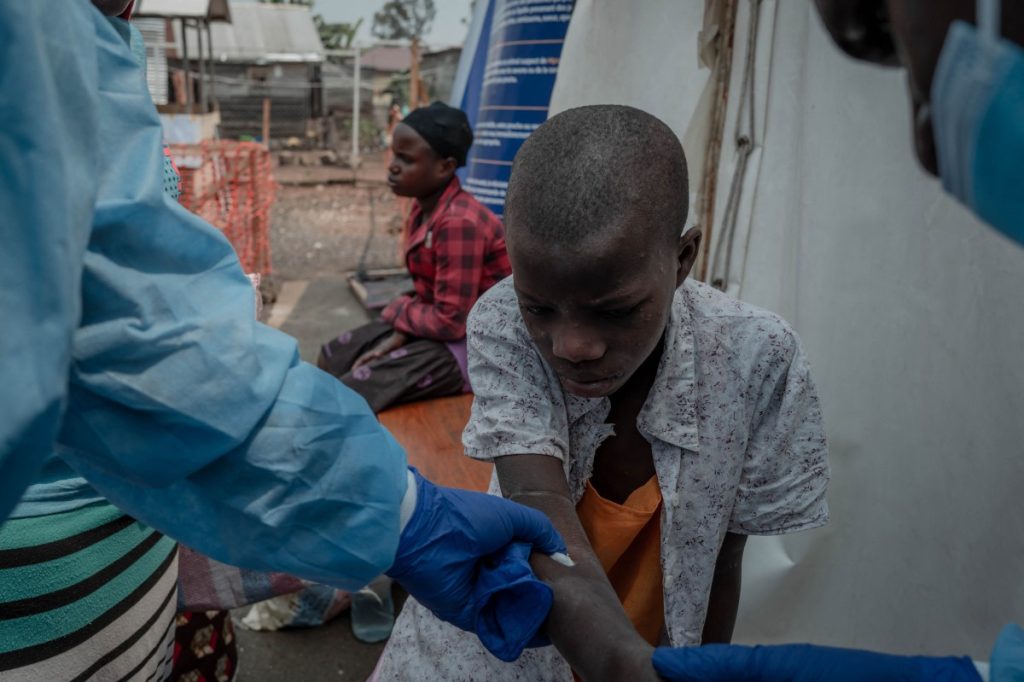According to the African Union health agency, since the start of the year, Africa has reported 18,737 suspected or confirmed Mpox cases, including 1,200 in just one week.
This figure includes three strains of the virus, notably the new Clade 1b, which is both more deadly and transmissible. This prompted the World Health Organisation (WHO) to declare an international health emergency on Wednesday, its highest alert.
So far, there have been 3,101 confirmed and 15,636 suspected cases across 12 African Union member states, with 541 deaths, translating to a fatality rate of 2.89%, the Africa Centres for Disease Control and Prevention (Africa CDC) reported.
The Democratic Republic of Congo (DRC), where the Clade 1b strain was first isolated in September 2023, is the worst hit. Within a single week, about 1,005 cases (222 confirmed and 783 suspected) and 24 deaths were reported in the DRC. Cases have been reported in all 26 provinces of the DRC, which has a population of around 100 million.
Neighbouring Burundi has also seen a sharp rise, with 173 cases (39 confirmed and 134 suspected), a 75% increase in just one week.
According to the Africa CDC, the number of cases this year has already surpassed the total for all of 2023, which saw 14,383 cases.
This week, the first cases of Mpox were reported outside Africa, Sweden, and Pakistan.

The WHO is expected to release its initial recommendations from its emergency committee soon and has called for increased vaccine production in collaboration with NGOs.
Mpox, previously known as monkeypox, is a viral disease that can spread from animals to humans and also between humans through sexual or close physical contact.
Symptoms include fever, muscle aches, and large, boil-like skin lesions.
The Clade 1b strain causes widespread skin eruptions, whereas earlier variants typically result in localised lesions around the mouth, face, or genitals.
The disease was first identified in humans in the DRC in 1970, and the more severe Clade 1 has been endemic in the Congo Basin for decades.


